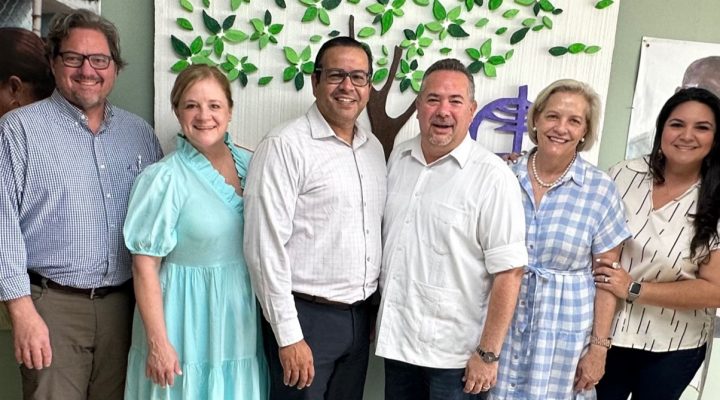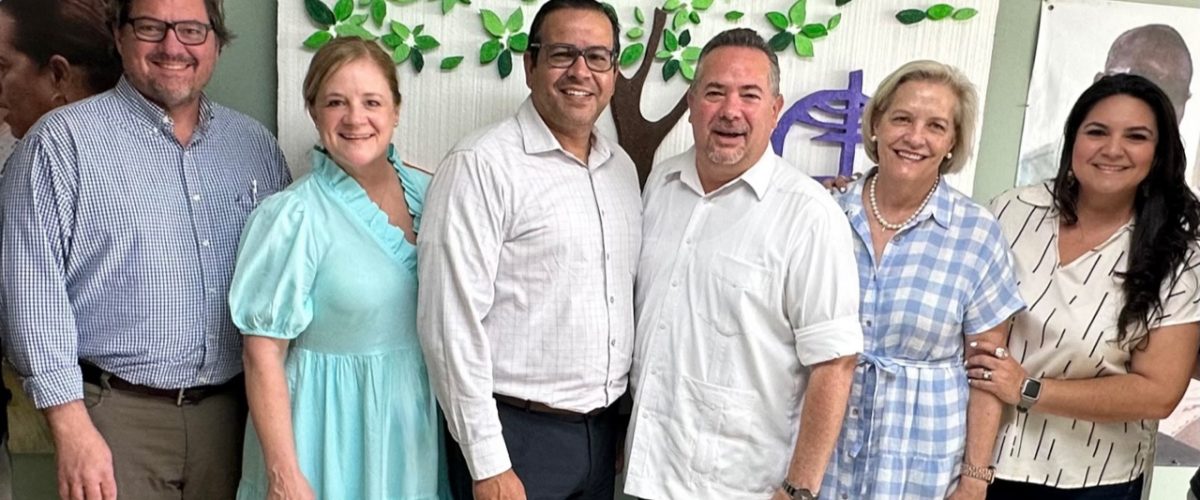Passport Inc. is collaborating with five major faith-based organizations to launch a new series of summer camps designed to foster cross-cultural experiences between youth from diverse racial and economic backgrounds.
Passport President David Burroughs said the program will be distinct from the ministry’s well-known summer camps for kids by sending mostly white, suburban youth from Cooperative Baptist Fellowship congregations to camp locations in the Mississippi Delta, the Rio Grande Valley in Texas and Puerto Rico to bond with counterparts in those regions.
“This is an intentional effort to bring those two groups of kids together for a week of camp so they can break down stereotypes and develop relationships that turn into friendships and potentially into church partnerships,” Burroughs said of the program set to begin in summer 2024.
Passport’s ministry partners in the new venture are Together for Hope, Fellowship Southwest, the American Baptist Churches of Puerto Rico and CBF Florida, all of which have extensive networks in the regions where the three camps will be held. CBF Global is collaborating with Passport to raise scholarship funds for youth in need of financial assistance.
For more than 30 years, Passport has organized summer youth camp experiences in the U.S. and overseas. This year, the ecumenical ministry hosted camps in six states for nearly 3,500 campers who worshiped, studied Scripture and participated in community service projects.
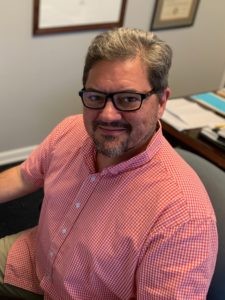
David Burroughs
The cross-cultural approach to coincide with those camps next year was tried before in Nairobi, Kenya, where Passport, in partnership with Africa Exchange, paired American and Kenyan youth in five camp sessions between 2003 and 2012.
“Those kids formed relationships that have lasted,” Burroughs said. “When the (2013) mass shooting happened in Nairobi, we learned of it here two hours before the news broke because former campers were texting their American friends to say, ‘Please pray for us,’ and those American teenagers called our office to let us know.”
Passport has been laying the groundwork for the 2024 launch since last summer, when it hired six bilingual college students from Puerto Rico and one from Mexico to attend summer camps in the U.S. “We wanted them to learn how we do camp because they will be team leaders for us next year in Puerto Rico,” Burroughs said.
Passport also will rely on its partners to do a lot of the heavy lifting, especially by identifying local venues and working with area churches to identify youth interested in attending the cross-cultural camps.
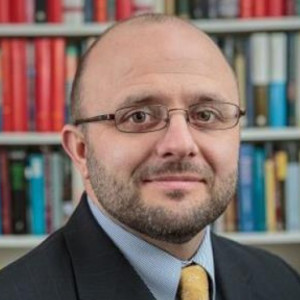
Jason Coker
“These churches in the Mississippi Delta have never heard of Passport. Why would they trust us because we suddenly want to recruit their students? So, we have (Together for Hope President) Jason Coker working to open doors for us by telling pastors this is an organization you can trust,” Burroughs said.
The American Baptist Convention in Puerto Rico and CBF Florida and the Caribbean are pursuing similar ends on the island territory, while Fellowship Southwest is engaging with pastors in border communities in the Rio Grande Valley.
“These groups already have relationships in those areas, which is important because we don’t want this to be Passport just coming in as some kind of ‘white savior’ and undermining those partnerships. We want to be a blessing to these communities,” Burroughs said.
Passport plans to hire student leaders from among each year’s campers to become part of CBF’s young Baptists ecosystem and to ensure leaders look like the Passport campers they serve, he added. “We don’t want it to be white, suburban kids coming down to see what’s happening on the border. We want this to be a shared experience where both groups talk and get to know each other.”
Hosting a Passport camp in the Mississippi Delta is a no-brainer for Together for Hope, a rural development coalition that fights poverty and food insecurity in nearly 400 of the nation’s poorest counties, Coker said.
“This is mutually transformational,” said Coker, who grew up in the region. “Kids from here will get to meet youth from CBF churches that make CBF what it is, and they will get to see what a healthy religious organization looks like. It will broaden their experiences and their worldviews, and it does the same for the white kids coming from CBF congregations. They will see what poverty looks like firsthand.”
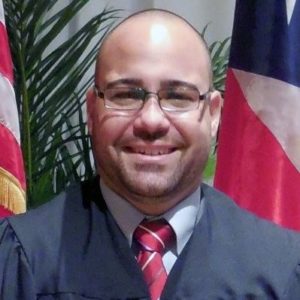
Elket Rodriguez
For Texas youth who live along the U.S.-Mexico border, the opportunity to meet peers from other parts of the country will be culturally and spiritually enriching, said Elket Rodriguez, CBF field personnel and a partner of Fellowship Southwest.
“It will be a great experience for youth from other parts of the United States to understand the dynamics and the realities of youth in border communities, and to learn what they experience on a day-to-day basis. I hope this helps youth from other places to demystify the border and demystify border communities.”
Rodriguez said his pitch to local pastors will include the opportunity young people will have to learn and serve through the Passport camps. “I will tell them the plan is to broaden the mindset of their youth and that the camp will include a missional component that will help them better understand their own communities. At the end of the day, we are trying to bridge a divide.”
The camp in Puerto Rico will help address the racial and cultural divisions that define so many American churches, said Ruben Ortiz, coordinator of Latino field ministries for CBF and a liaison between American Baptist churches, CBF Florida and Passport.
“The biggest issue we have is the polarization and the lack of diversity in many of our churches. People going to Puerto Rico will find a rainbow of skin color and experiences and a joyful Caribbean flavor in church life. It is going to be a very rich cultural experience for Americans from the mainland.”
Puerto Rican youth will be able to overcome feelings of isolation they feel on their island home, he added. “They won’t feel so alone because they will be connecting to a bigger church family.”
Participants in all three camps will address the cultural barriers between them through joint, multilingual worship, Bible studies and service opportunities, Burroughs added.
“They will leave campus and serve at some mission projects like food pantries, Habitat for Humanity, Boys and Girls Clubs. They will volunteer together and worship and pray together to build relationships throughout the week.”

